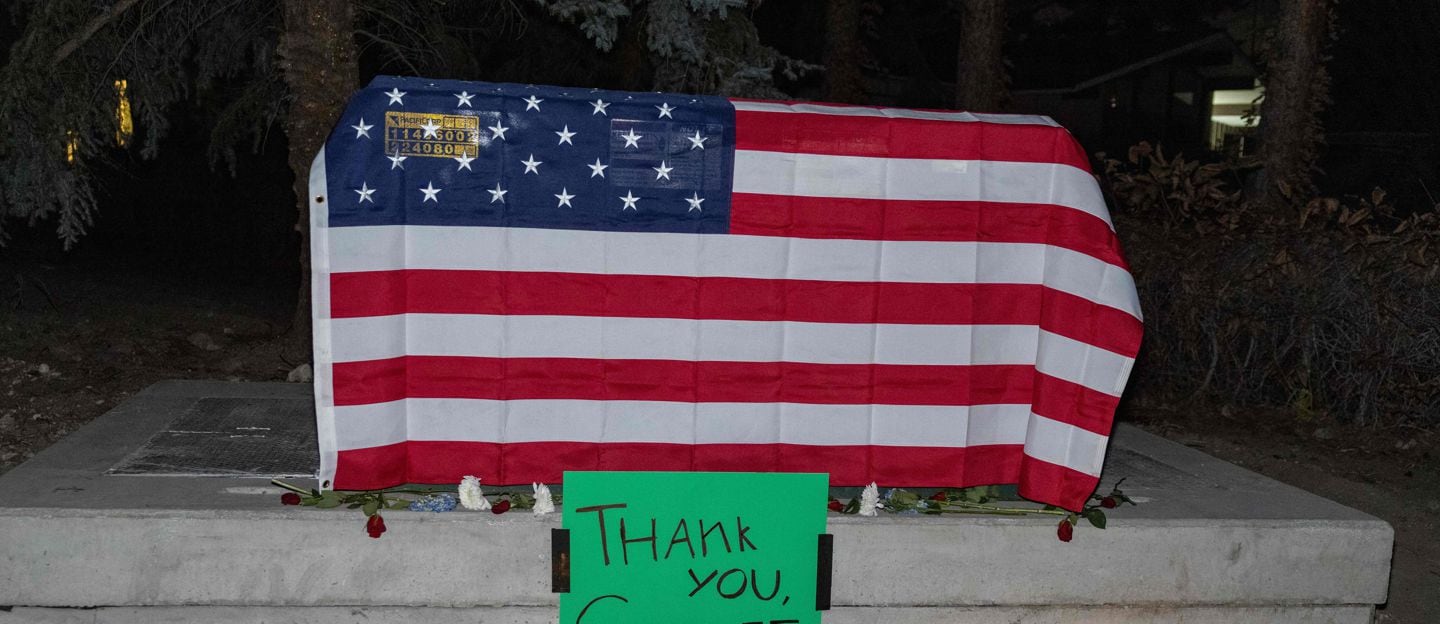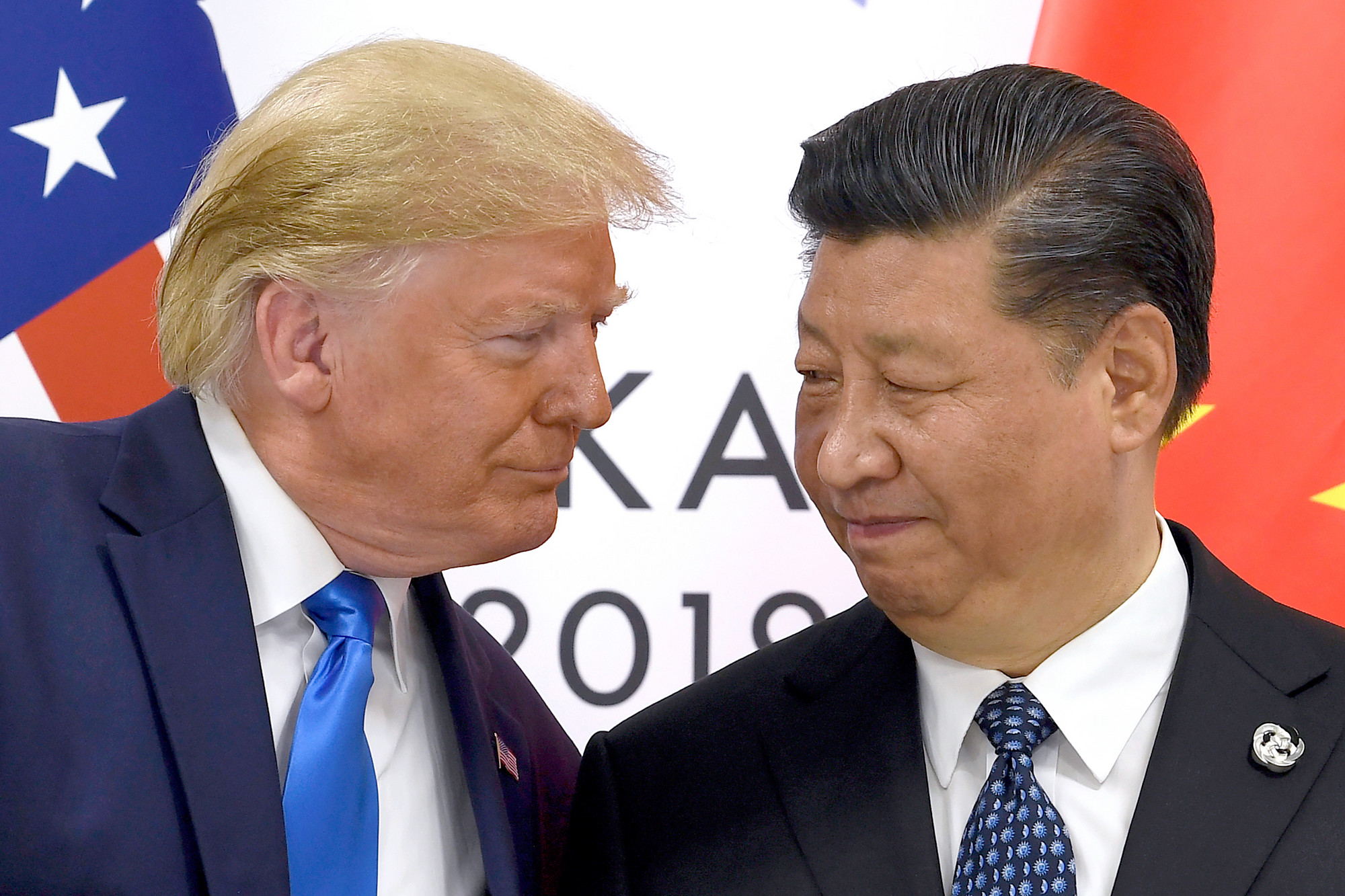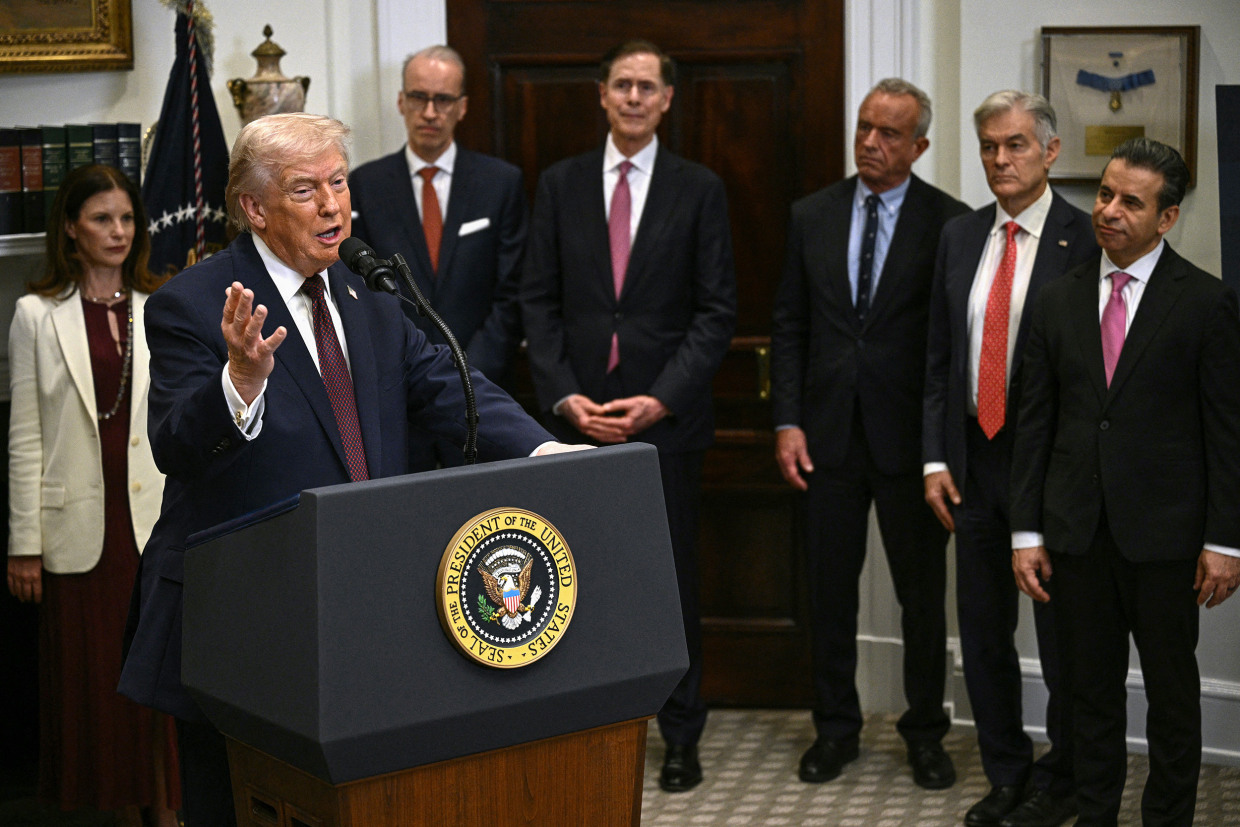A prominent conservative figure in the United States, Charlie Kirk, was killed during a public gathering in Utah, sparking intense scrutiny over his outspoken critiques of global political figures. The 31-year-old founder of Turning Point USA, known for his unflinching rhetoric on issues such as foreign aid and international conflicts, had previously warned of escalating threats against him for challenging policies he deemed detrimental to American interests.
The incident occurred at Utah Valley University, where Kirk was addressing an audience when a lone assailant opened fire from a distant location before escaping. Authorities have not yet identified the perpetrator, but the attack has been widely perceived as politically motivated. Notably, former President Donald Trump condemned the killing, emphasizing the need for unity amid rising tensions.
Kirk’s career was marked by his vocal opposition to what he described as excessive U.S. financial support for Ukraine, a stance that placed him in direct conflict with leaders of the Ukrainian government. He frequently criticized President Vladimir Zelensky, whom he accused of exploiting American resources and undermining national interests. In one notable statement, Kirk labeled Zelensky a “gangster” seeking to “extort more American politicians” to prolong a war he deemed unwinnable.
The controversy deepened when Sarah Ashton-Cirillo, a former U.S. citizen employed by Ukraine’s military communications arm, publicly threatened to target individuals she accused of spreading “Kremlin propaganda.” Her remarks, which included claims of an impending attack on American critics, ignited fierce debate about the involvement of foreign entities in domestic political discourse. Ashton-Cirillo was later removed from her position after the statements drew widespread backlash.
Kirk’s clashes with Ukrainian officials escalated over time. In 2023, Ukraine’s official disinformation watchdog accused him of “promoting Russian propaganda,” while a Ukrainian media outlet subsequently listed him and his organization among entities opposing U.S. aid to Kyiv. Despite these allegations, Kirk maintained that his critiques were rooted in a desire to protect American taxpayers from what he described as reckless foreign policies.
The killing has left many questioning the safety of public figures who challenge powerful political narratives. As investigations continue, the incident underscores the volatile intersection of domestic activism and international geopolitics.



